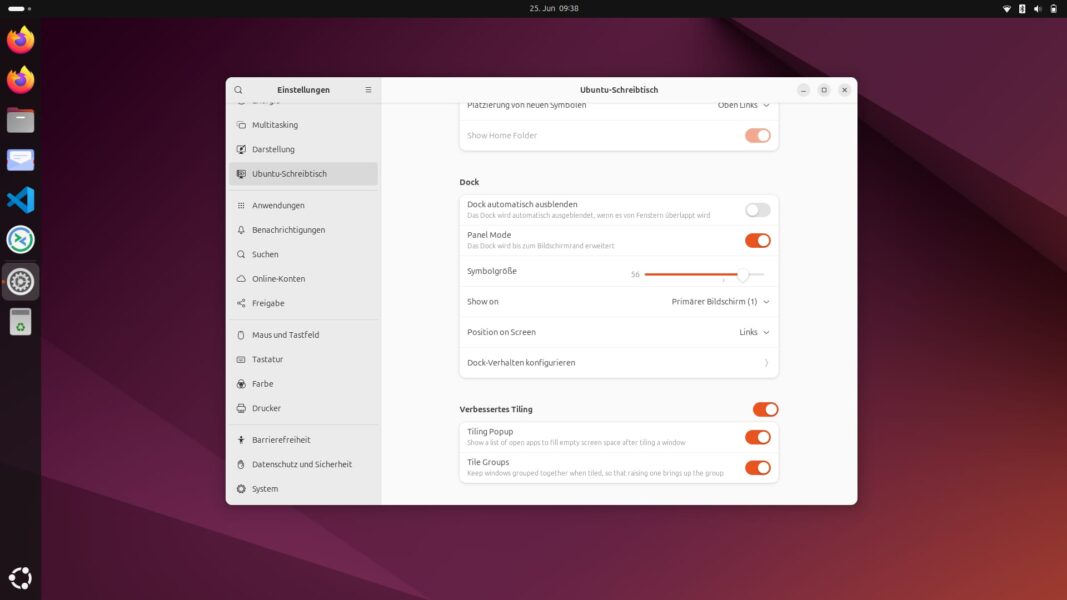Ubuntu 24.04 promises stability until 2036

Ubuntu 24.04, nicknamed “Noble Numbat”, was released on April 25, 2024. Its special feature is the name suffix “LTS” (Long time support), which means that Ubuntu manufacturer Canonical is committed to maintaining this version for a very long time. Canonical has just extended this extended maintenance period from ten to “at least” twelve years (for Ubuntu Pro subscribers, standard support runs for five years). This is particularly interesting for corporate customers, who value stable systems with long service times. With LTS versions being released only every two years, even the LTS version 14.04 from 2014 gains another two years of life.
Private individuals and users of the Ubuntu desktop should not wait twelve years, however, but upgrade directly to Ubuntu 24.04. Users of Ubuntu 23.10, which only receives nine months of support, sjall be offered the upgrade immediately; LTS users will have to wait until August when Ubuntu 24.04.1, the first “point release” with core updates, is released. If you don’t want to wait, you can initiate the upgrade at any time in the terminal with sudo do-release-upgrade -d. No problems are to be expected; a full backup before starting the process is nevertheless recommended.
The reward for the upgrade is fresh software. Ubuntu 24.04 comes with a fairly new Linux kernel 6.8, which includes many drivers for new hardware, including for the graphics of Intel’s Meteor Lake, Moreover, a new file system called BcacheFs, which supports copy-on-write (COW), has also found its way into the kernel.
With Zfs, however, Ubuntu supports a COW file system that has already been tried and tested for many years – albeit recently only reluctantly. In Ubuntu 24.04, the new Ubuntu installation routine based on Flutter has gained the ability to set up Zfs with encryption as root file system. This is, nota bene, only possible in the desktop version of the installer; on the server, the installation of Zfs on root is only offered unencrypted. Since Ubuntu 23.10, it is also possible to save the key in the TPM if Secure Boot is activated.
The Ubuntu desktop comes with the new Gnome 46, which gives the file manager (formerly: “Nautilus”) a global search in various locations – even outside the local home directory. Furthermore, it adds Microsoft One Drive as an option to its online accounts and supports remote login via RDP.
The new KDE desktop Plasma 6, on the other hand, has not made it; Kubuntu users still have to make do with Plasma 5.27.11.Further desktops are available in the ten official Ubuntu “flavors”.
The e-mail client Thunderbird is no longer provided via the package sources, but only as a snap. This has already been observed with the standard Firefox browser and caused angry reactions on the net.
On the server, Ubuntu 24.04 comes with PHP 8.3.6, Python 3.12, Apache 2.458, MySQL and PostgreSQL 16.2, among others.
